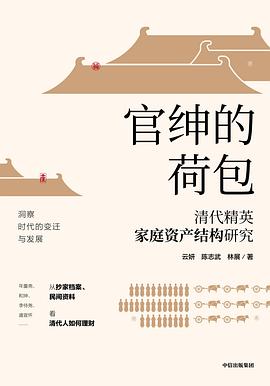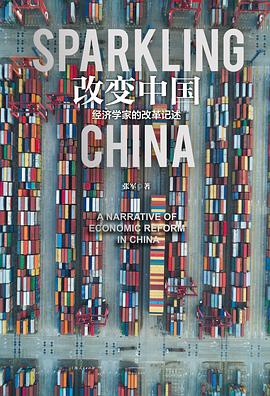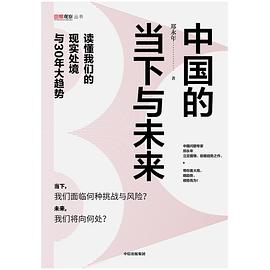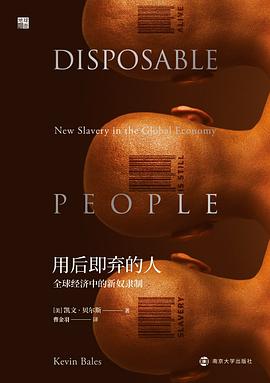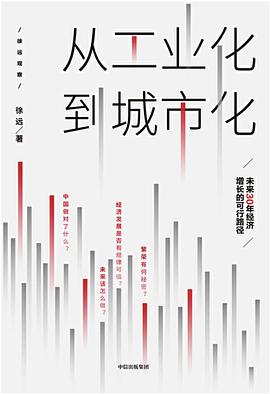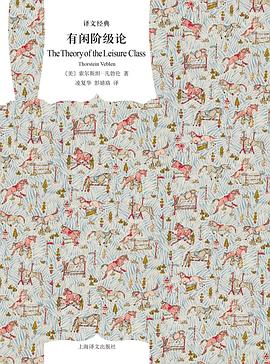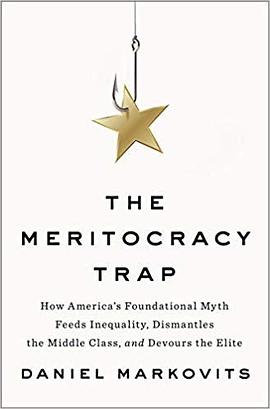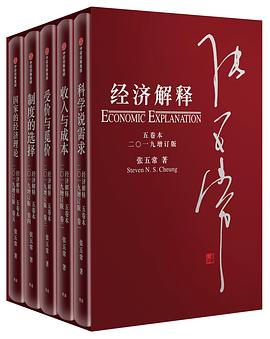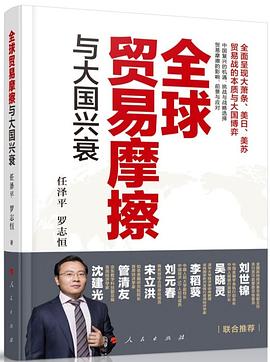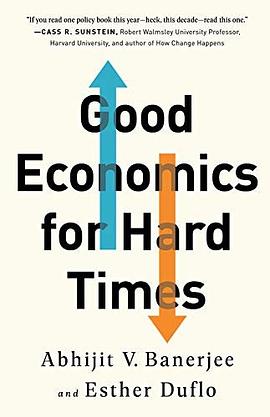

具體描述
Abhijit Banerjee is the Ford Foundation International Professor of Economics at the Massachusetts Institute of Technology, and a co-founder and co-director of the Abdul Latif Jameel Poverty Action Lab (J-PAL). In 2011, he was named one of Foreign Policy magazine's top 100 global thinkers. Banerjee served on the U.N. Secretary-General's High-level Panel of Eminent Persons on the Post-2015 Development Agenda. He lives in Cambridge, Massachusetts.
Esther Duflo is the Abdul Latif Jameel Professor of Poverty Alleviation and Development Economics in the Department of Economics at the Massachusetts Institute of Technology and a co-founder and co-director of the Abdul Latif Jameel Poverty Action Lab (J-PAL). Duflo is a member of the American Academy of Arts and Science, and has received numerous academic honors and prizes including the Princess of Asturias Award for Social Sciences (2015), the Infosys Prize (2014), the Dan David Prize (2013), a John Bates Clark Medal (2010), and a MacArthur "Genius Grant" Fellowship (2009). Duflo is a member of the President's Global Development Council and a Founding Editor of the American Economic Journal: Applied Economics, and is currently the editor of the American Economic Review. She lives in Cambridge, Massachusetts.
Two prize-winning economists show how economics, when done right, can help us solve the thorniest social and political problems of our day.
Figuring out how to deal with today's critical economic problems is perhaps the great challenge of our time. Much greater than space travel or perhaps even the next revolutionary medical breakthrough, what is at stake is the whole idea of the good life as we have known it.
Immigration and inequality, globalization and technological disruption, slowing growth and accelerating climate change--these are sources of great anxiety across the world, from New Delhi and Dakar to Paris and Washington, DC. The resources to address these challenges are there--what we lack are ideas that will help us jump the wall of disagreement and distrust that divides us. If we succeed, history will remember our era with gratitude; if we fail, the potential losses are incalculable.
In this revolutionary book, renowned MIT economists Abhijit V. Banerjee and Esther Duflo take on this challenge, building on cutting-edge research in economics explained with lucidity and grace. Original, provocative, and urgent, Good Economics for Hard Times makes a persuasive case for an intelligent interventionism and a society built on compassion and respect. It is an extraordinary achievement, one that shines a light to help us appreciate and understand our precariously balanced world.
用戶評價
##這本書不像自己想象的那樣高深 這本書不管是 討論貿易還是討論政府稅收,都有 這些對貧睏的弱勢群體影響的分析。 讀完我最大的感受就是 貧富兩極分化 不僅中國,全球都在持續加深。 還有人流動起來或許會改變睏境。人的基因可能更能適應不斷變化流動的環境,因為就像人類簡史裏...
評分引進的時候恐怕要刪掉幾句說great leap forward 的
評分 評分 評分 評分##主要講瞭經濟學粘性導緻的完全市場假說很多方麵無法實現。由此衍生開的很多問題,以及對移民、貧睏問題的一般性想法做齣瞭評注。最後一部分主要講瞭社會政策的重要性。最近能感覺齣新自由主義在逐漸退潮
評分##這本書不像自己想象的那樣高深 這本書不管是 討論貿易還是討論政府稅收,都有 這些對貧睏的弱勢群體影響的分析。 讀完我最大的感受就是 貧富兩極分化 不僅中國,全球都在持續加深。 還有人流動起來或許會改變睏境。人的基因可能更能適應不斷變化流動的環境,因為就像人類簡史裏...
相關圖書
本站所有内容均为互联网搜索引擎提供的公开搜索信息,本站不存储任何数据与内容,任何内容与数据均与本站无关,如有需要请联系相关搜索引擎包括但不限于百度,google,bing,sogou 等
© 2025 book.tinynews.org All Rights Reserved. 静思书屋 版权所有


